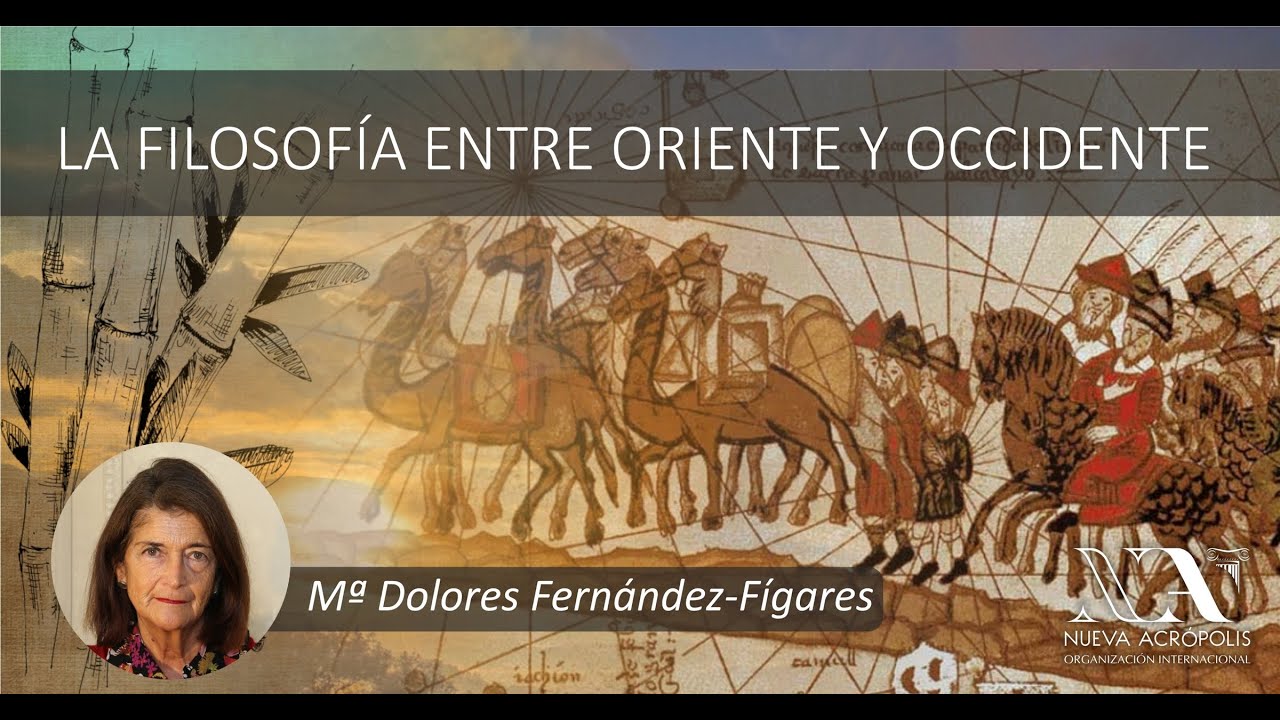Ricardo Reis
Summary
TLDRRicardo Reis, a heteronym created by Fernando Pessoa, embodies a philosophical approach rooted in ancient Greek and Roman thought. Born in Porto in 1887, Reis was educated in a Jesuit school and later exiled to Brazil due to his monarchist views. His poetry, influenced by Epicureanism and Stoicism, explores themes of life's fleeting nature, urging tranquility and acceptance of mortality. With precise language, regular stanzas, and Latin-influenced syntax, his work reflects a disciplined, serene approach to existence. Reis’ philosophy of self-control and internal happiness continues to inspire, including influencing José Saramago’s novel *The Year of the Death of Ricardo Reis*.
Takeaways
- 😀 Ricardo Reis is a literary character created by Fernando Pessoa, born on September 19, 1887, in Porto.
- 😀 Reis was educated in a Jesuit school, which exposed him to classical Greek and Roman literature.
- 😀 The character of Ricardo Reis reflects the philosophical principles of epicureanism and stoicism.
- 😀 His poetry emphasizes the acceptance of life's fleeting nature and the inevitability of death.
- 😀 Ricardo Reis advocates for a tranquil life, free from excessive pleasure or suffering, focusing instead on inner peace and self-control.
- 😀 The poems of Ricardo Reis often use Latinisms, gerunds, and imperatives to reinforce the classical, disciplined tone of his work.
- 😀 The philosophy in Reis's poetry stresses finding happiness within oneself, rather than relying on external circumstances.
- 😀 The poet promotes a life of serenity, accepting fate and death as natural and inevitable.
- 😀 His poetic structure follows regular stanzas, reflecting a precise and ordered worldview in line with his philosophical outlook.
- 😀 The novel *The Year of the Death of Ricardo Reis* by José Saramago draws inspiration from the life and poetry of this heteronym.
- 😀 Ricardo Reis's writing is marked by the use of hyperbatons (inverted word order), a technique reflecting his admiration for Latin and classical texts.
Q & A
Who is Ricardo Reis?
-Ricardo Reis is one of the heteronyms created by the Portuguese poet Fernando Pessoa. He was born on September 19, 1887, in Porto, and his character is known for his disciplined reasoning and philosophical outlook, which aligns with ideas from ancient Greek and Roman thought.
What influence did the Jesuit school have on Ricardo Reis?
-Ricardo Reis was educated in a Jesuit school, where he was exposed to the works of great Greek and Roman authors. This classical education deeply influenced his poetry, which reflects the philosophical ideas of these ancient cultures.
What is the significance of the year 1919 in Ricardo Reis's life?
-In 1919, Ricardo Reis voluntarily exiled himself to Brazil due to his monarchist views, marking a key moment in his life and shaping the character's development in Fernando Pessoa's writings.
How did José Saramago relate to Ricardo Reis?
-The Nobel Prize-winning author José Saramago was inspired by the life and characteristics of Ricardo Reis, particularly the themes found in his poems, to write the novel 'The Year of the Death of Ricardo Reis.'
What is the central theme of Ricardo Reis's poetry?
-Ricardo Reis's poetry expresses a desire to live a calm and balanced life, accepting the transience of existence and the inevitability of death. His work emphasizes the importance of reason as a way to achieve a serene outlook on life.
What is the philosophy behind the poem 'A Vida Leve' (The Light Life)?
-In 'A Vida Leve,' Ricardo Reis urges readers to live in the present, embracing life's fleeting moments with joy or sorrow, symbolized by the metaphor of drinking clear, fresh water from delicate cups. The poem highlights the importance of accepting life's brevity.
Which two ancient philosophical systems influenced Ricardo Reis's worldview?
-Ricardo Reis's philosophy is influenced by Epicureanism and Stoicism, two ancient philosophical systems that advocate for serenity, self-control, and the acceptance of fate and death.
What attitude towards life does Ricardo Reis advocate in his poems?
-Ricardo Reis advocates for a serene attitude towards life, where one should remain unperturbed by both pleasures and suffering. This stoic mindset emphasizes inner happiness and the acceptance of the inevitable course of events.
How does Ricardo Reis's poetic style reflect his philosophical ideas?
-Ricardo Reis's poetic style reflects his philosophical ideas through regular stanzas, precise language, frequent use of Latin terms, and a disciplined structure. His poetry often employs the gerund and imperative, urging action or advice, and uses syntactic inversion (hyperbatons) to imitate Latin syntax.
What role does the concept of fate play in Ricardo Reis's work?
-In Ricardo Reis's poetry, fate is a central concept. The poet's worldview aligns with the acceptance of destiny and the inevitability of death, as these are integral parts of the human experience that one must calmly embrace.
Outlines

This section is available to paid users only. Please upgrade to access this part.
Upgrade NowMindmap

This section is available to paid users only. Please upgrade to access this part.
Upgrade NowKeywords

This section is available to paid users only. Please upgrade to access this part.
Upgrade NowHighlights

This section is available to paid users only. Please upgrade to access this part.
Upgrade NowTranscripts

This section is available to paid users only. Please upgrade to access this part.
Upgrade NowBrowse More Related Video

Alberto Caeiro

Fernando Pessoa e seus heterônimos *introdução* | Bruna Martiolli

Los heterónimos del cerebro trilingüe de Fernando Pessoa

The Philosophy Behind the Declaration of Independence

Bagaimana Peradaban Muslim Mengeluarkan Eropa dari Zaman Kegelapan? - National Geographic Indonesia

La Filosofía entre Oriente y Occidente. María Dolores Fernández Fígares
5.0 / 5 (0 votes)